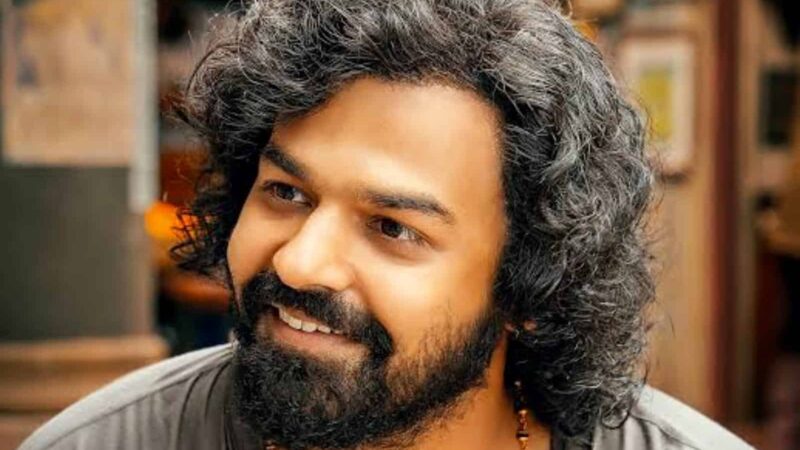As summer brings longer days and a gentler pace of life, it’s also an ideal time for women to reconnect with their well-being—especially for those managing Polycystic Ovary Syndrome (PCOS). According to Dr Venkata Sujatha Vellanki, MBBS, Regional Medical Head & Fertility Specialist at Oasis Fertility, incorporating yoga and Pilates into your routine can make a significant difference in managing both the physical and emotional symptoms of PCOS.
“Summer provides a window of opportunity to focus on self-care,” Dr Venkata shares. “Alongside outdoor activities like cycling and walking, mindful practices such as yoga and Pilates offer powerful benefits—not just for symptom control, but also for reducing stress and enhancing overall wellness.”
PCOS affects a large number of women of reproductive age, often leading to irregular periods, weight fluctuations, acne, hair thinning, and increased stress. Stress, in turn, can worsen hormonal imbalances by elevating cortisol levels, triggering a frustrating cycle of physical and emotional discomfort. That’s where the calming, low-impact nature of yoga and Pilates becomes especially valuable.

“Yoga, with its deep breathing, gentle movement, and meditative focus, is excellent for lowering stress and supporting hormonal balance,” says Dr Venkata. She recommends restorative poses such as Supta Baddha Konasana (Reclining Bound Angle), Viparita Karani (Legs-Up-the-Wall), and Balasana (Child’s Pose) to help relax the nervous system, improve blood flow, and ease tension—particularly helpful during the summer months when energy levels may dip.
Unlike high-impact workouts, yoga can gently aid weight management by boosting metabolism, aiding digestion, and fostering mindfulness around eating habits. And the emotional benefits are just as important. “Yoga promotes a sense of inner peace, reduces anxiety, and can lift mood—critical factors for women navigating the ups and downs of PCOS,” she adds.
Pilates, on the other hand, complements yoga by focusing on core strength, posture, and body alignment. “It’s a great way to strengthen abdominal and pelvic muscles, improve posture, and reduce bloating—a common symptom in PCOS,” explains Dr Venkata. Moves like the Pelvic Curl, Saw, and Spine Stretch not only tone muscles but also encourage controlled breathing, which aids in hormone regulation and stress relief.
What sets both practices apart is their emphasis on mindfulness. “This awareness helps reduce the mental load that often accompanies chronic conditions like PCOS. It empowers women to feel more in control of their bodies and health,” says Dr Venkata.
In essence, yoga and Pilates offer a holistic, sustainable approach to managing PCOS—balancing physical health with emotional resilience. As summer invites us to slow down and tune into our bodies, these mindful movement practices could be just the reset many women need.
Stay informed on all the , real-time updates, and follow all the important headlines in and on Zee News.






![[LIVE] Kerala Lottery Result Today 18-04-2025 (SHORTLY) LIVE: NIRMAL NR 428 Friday Lucky Draw Result To Be OUT SHORTLY At 3 PM- Check Full Winners List, Ticket Numbers](https://eflip.in/wp-content/uploads/2025/04/1728431-kerala-feature-1.jpeg)




